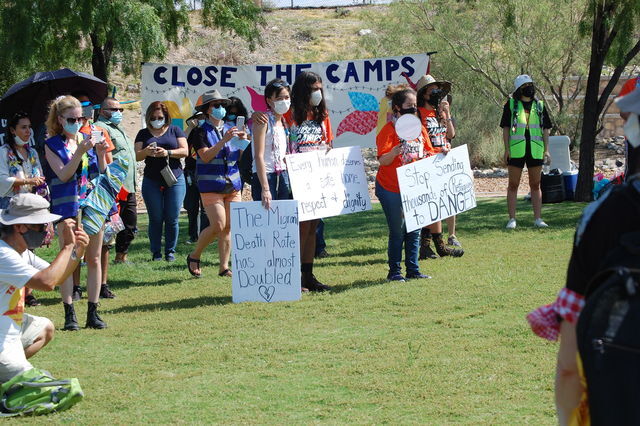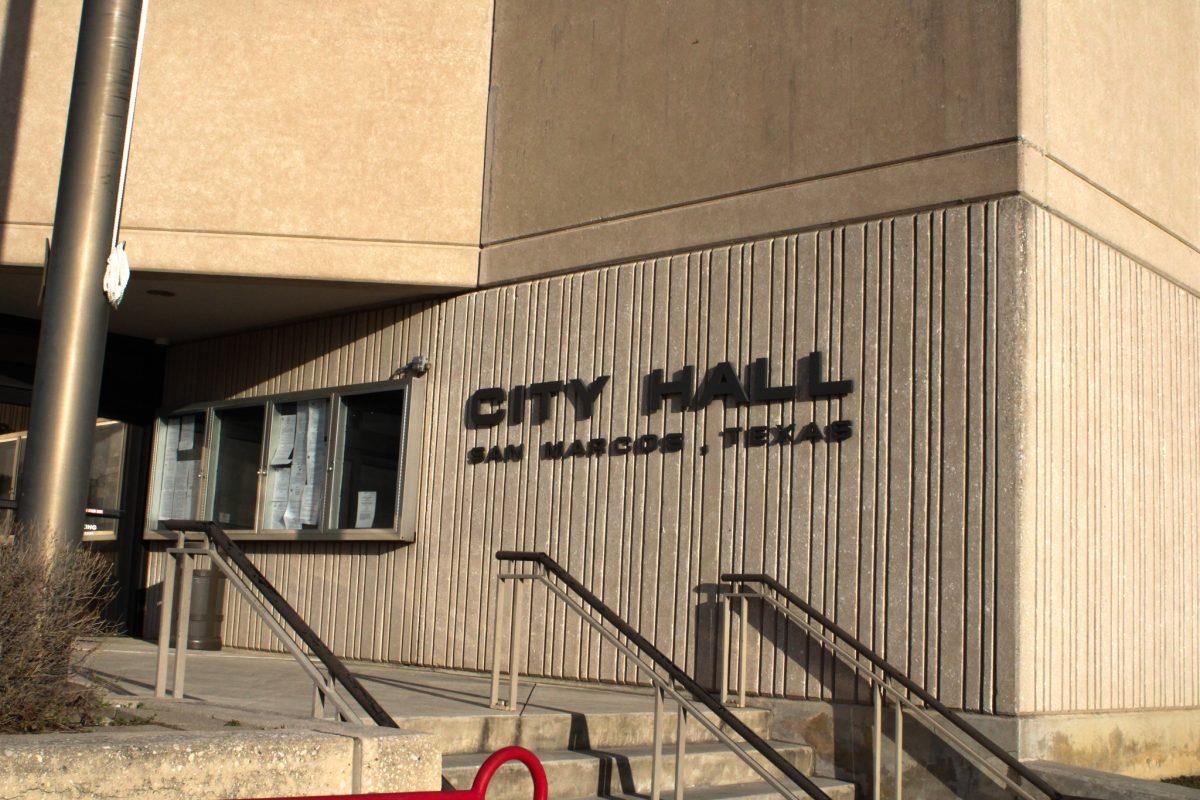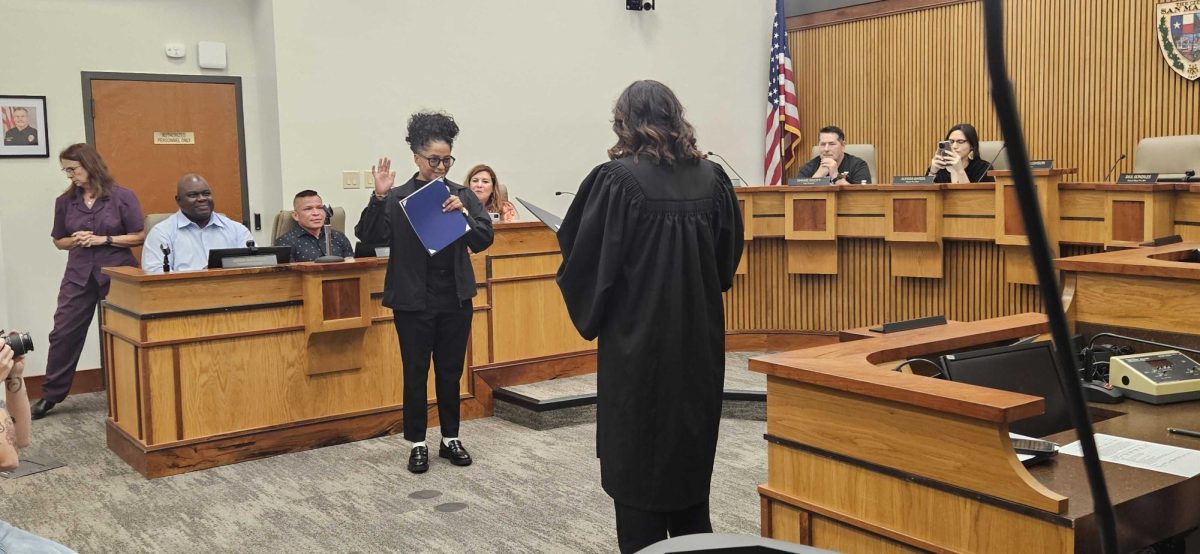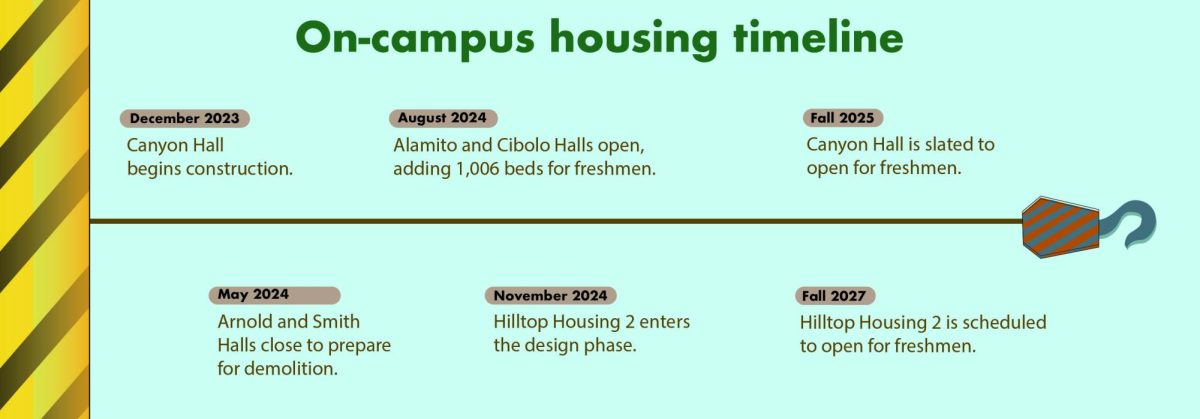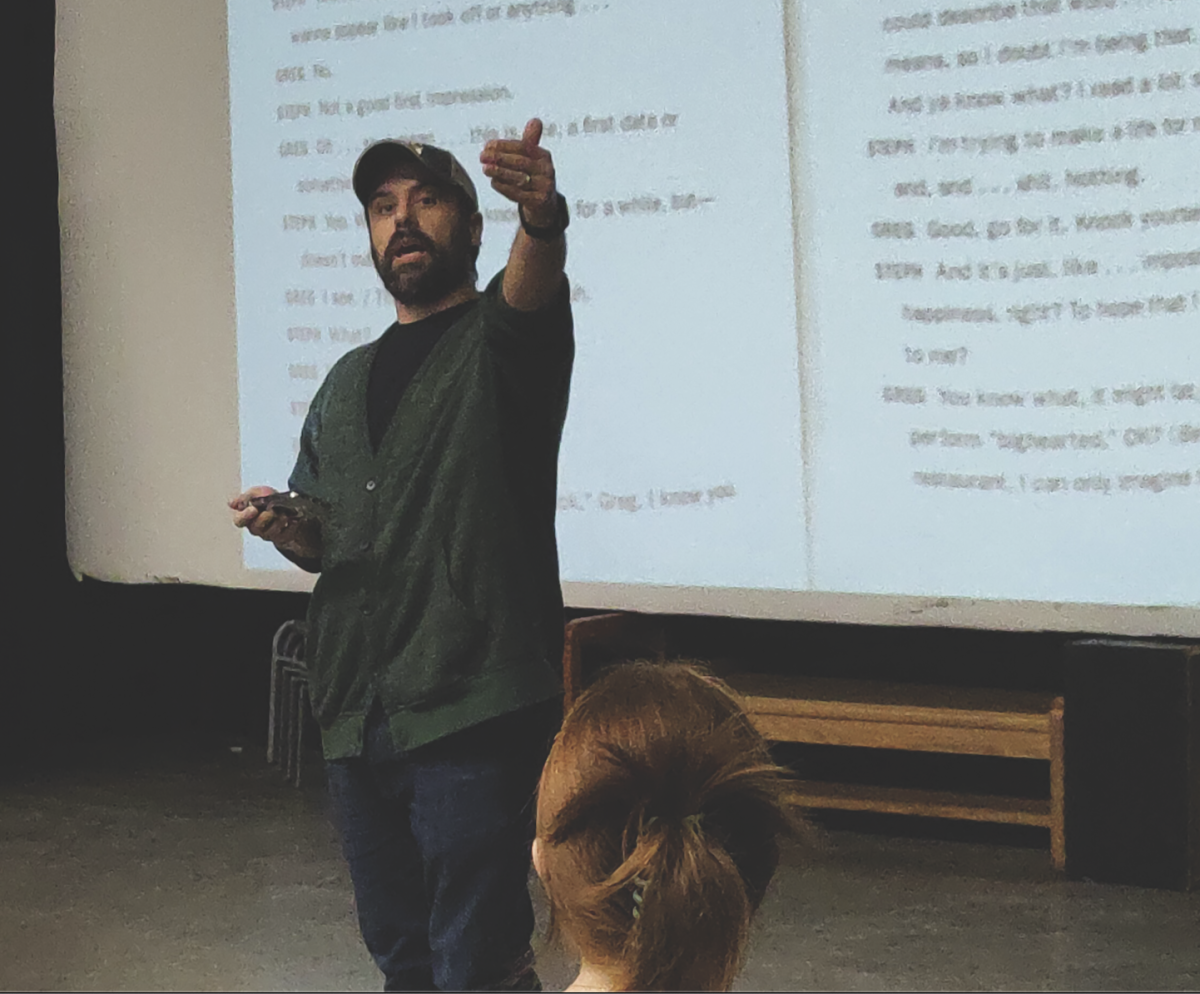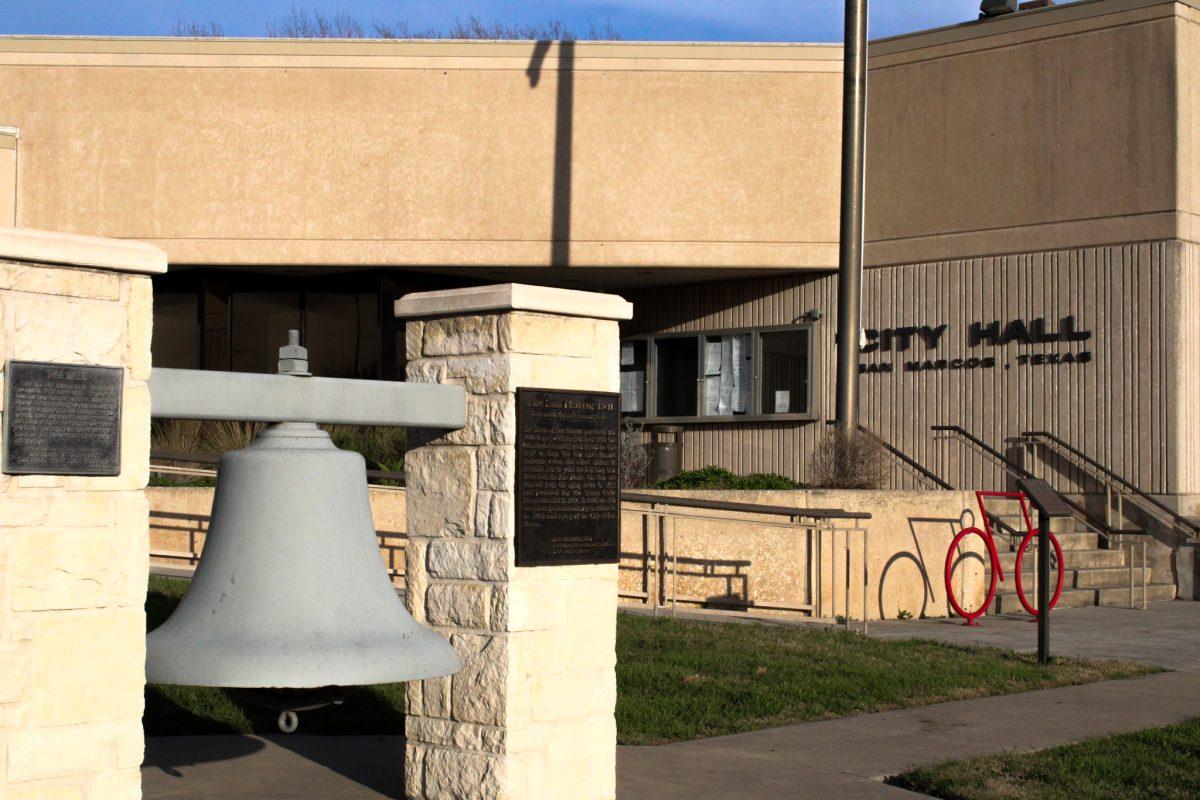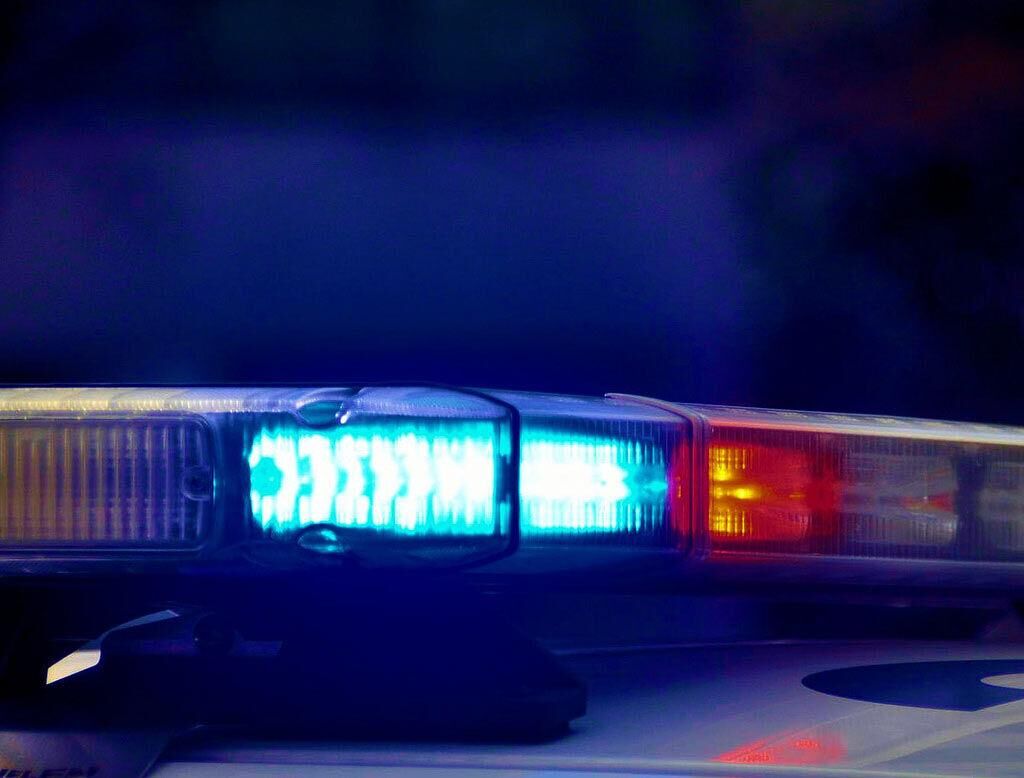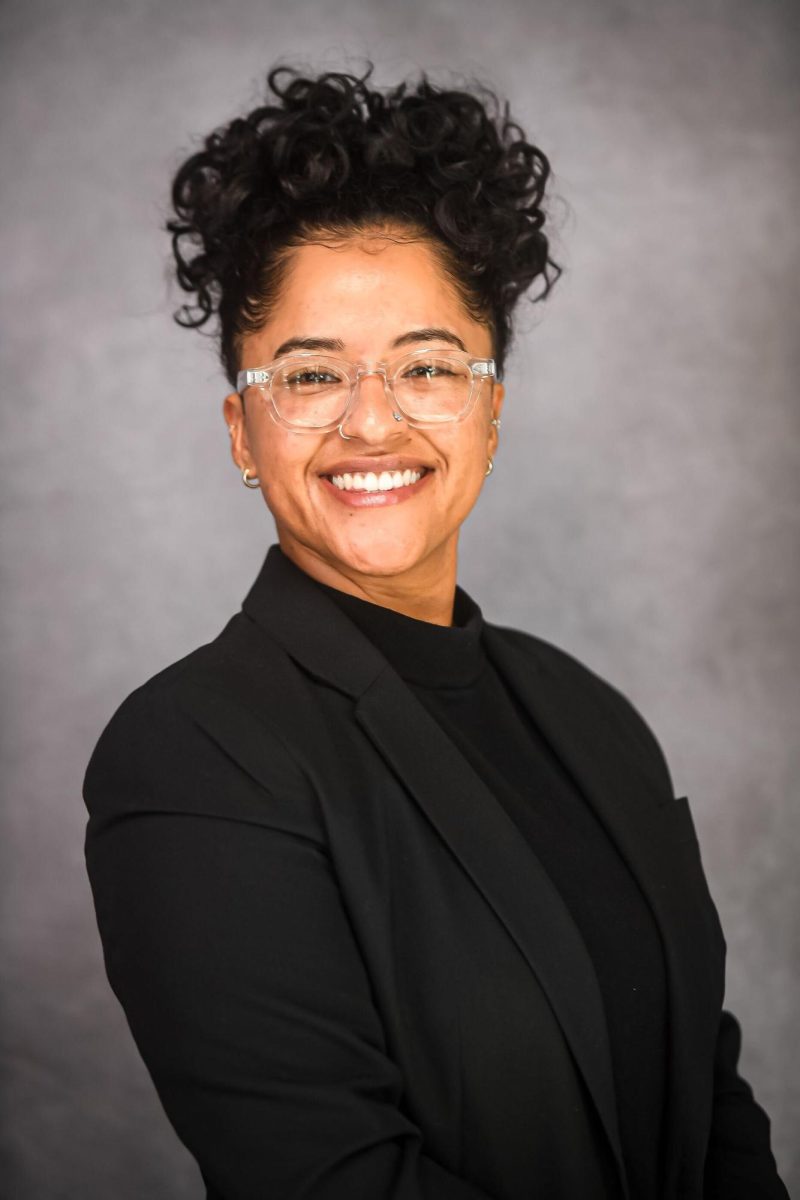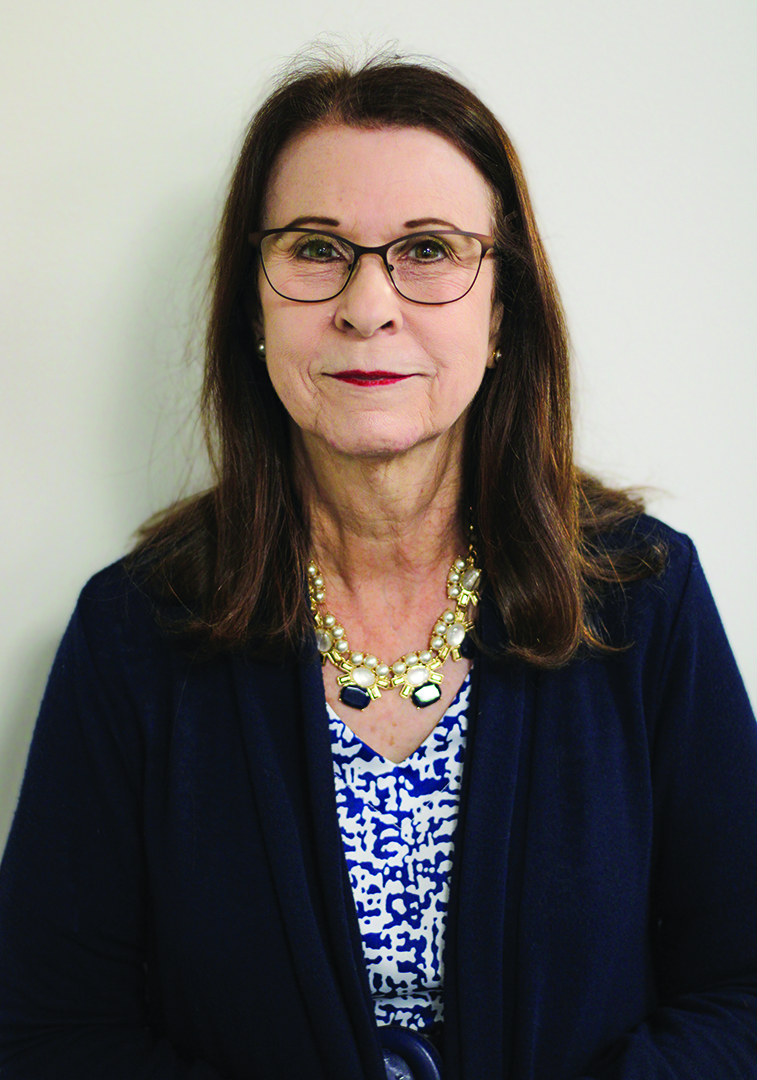Braving the Texas heat alongside more than a dozen national organizations fighting for the rights of immigrants, San Marcos social justice group Mano Amiga gathered outside Fort Bliss in El Paso to protest the government’s detention of children in unsafe and inhumane conditions.
According to whistleblowers and investigators, children held in detention centers face dangerous and brutal conditions that can cause life-long trauma. On July 17, protestors and social justice groups met at Fort Bliss to demand that the U.S. government shut down detention centers and instead “welcome with dignity” those seeking asylum.
Hundreds of protestors were in attendance. Across the crowd, an echo arose calling upon President Joe Biden and national leaders to stop the separation of children from their families. The protestors expressed their desire, asking for resources used to maintain detention centers to be reallocated toward state-licensed facilities with proper training and higher standards.
Throughout the day, survivors of World War II Japanese internment camps, some of whom had been held in Fort Bliss, flew in to tell their stories and express solidarity with the detained children. Other groups performed chants, traditional prayers of protection and native drum ceremonies.
Classified as an emergency intake site, Fort Bliss is not subject to the same legal standards of care as state-licensed facilities. Over 2,000 teenagers reside in soft-sided tents, some of which hold over 100 people. Lice, COVID-19 and other illnesses are common among those detained, and medical attention is scarce.
Susana Herrera with Border Network for Human Rights says immigrant children are even referred to by a number rather than their name. The children are only allowed to shower from 2-3 a.m., but most choose not to wash themselves due to a lack of clean clothing.
“[They should be] treated as the children that they are — as beings, as human beings,” Herrera says. “Because, unfortunately, as they’ve said in the United States, people care for and protect animals more than these children, simply because they are undocumented immigrants.”
While immigration advocates have protested the unsafe conditions of detention centers for years, the movement has gained momentum over the past year because of the drastic influx in detained youths. As more awareness is brought to the safety hazards detention camps cause, advocates such as Guerline Jozef with Haitian Bridge Alliance demand better treatment for the children.
“We say no. We said no in 1942, and we say no in 2021,” Jozef says. “President Biden, during the campaign, promised that he was going to do the right thing. He was going to reunite children with their families. ‘Build back better.’ Restoring the soul of America requires that those children, asylum seekers, people, be respected; human rights be respected, and we continue to say no. We will continue to be here until all of that is accomplished.”
Across the U.S., family members wait to be reunited with their detained children. 80% of children in detention centers have family members in the U.S. ready to accept them. Advocates ask that the U.S. government redirect funding from these detention centers toward hiring staff and case managers to reconnect families.
For the children without family awaiting their arrival, Liz Castillo, senior organizer of Detention Watch Network, believes the government could create licensed shelters equipped to meet both the physical and emotional needs of children who have crossed the border alone.
“There should be the prioritization of small-scale settings with licensing requirements and regulations,” Castillo says. “[They should] provide services that are trauma-informed and grounded in child advocate recommendations, which is not the case of what we’re seeing.”
Mano Amiga joined this fight not only to help detained children but to set a precedent for helping immigrants across the local and national sphere. For Jordan Buckley, co-founder of Mano Amiga, advocating for children at the border is a necessary extension of advocating for immigrants in Hays County.
Having worked directly with local immigrants facing incarceration for small infractions, Buckley says he is frustrated with Hays County law enforcement’s eagerness to involve U.S. Immigration and Customs Enforcement.
“We don’t have to leave Hays County to see the ways in which families are being separated through racist and unjust immigration policy,” Buckley says. “Under the new Johnson and Pekoske memos, the only people that are supposed to be prioritized for deportation are folks that are on a terror watchlist and those that have been convicted of an aggravated felony.”
Recently, Mano Amiga has redoubled its efforts in pressuring local legislatures to enact a “cite and divert” program, which would prevent the court filing of a criminal offense for qualifying individuals, avoiding them from becoming part of a criminal record. The legalization process for the program has been ongoing for over a year.
In the meantime, Mano Amiga continues to advocate for immigrants through lobbying and support across Hays County.
For more information about Mano Amiga, visit its website.
Categories:
San Marcos advocacy group protests child detention center in El Paso
Madelyn Weirich, News Contributor
August 3, 2021
Immigrants’ rights groups protest the inhumane treatment of children in detention centers on Saturday, July 17, 2021, outside Fort Bliss in El Paso, Texas.
0
Donate to The University Star
Your donation will support the student journalists of Texas State University. Your contribution will allow us to purchase equipment and cover our annual website hosting costs.
More to Discover


